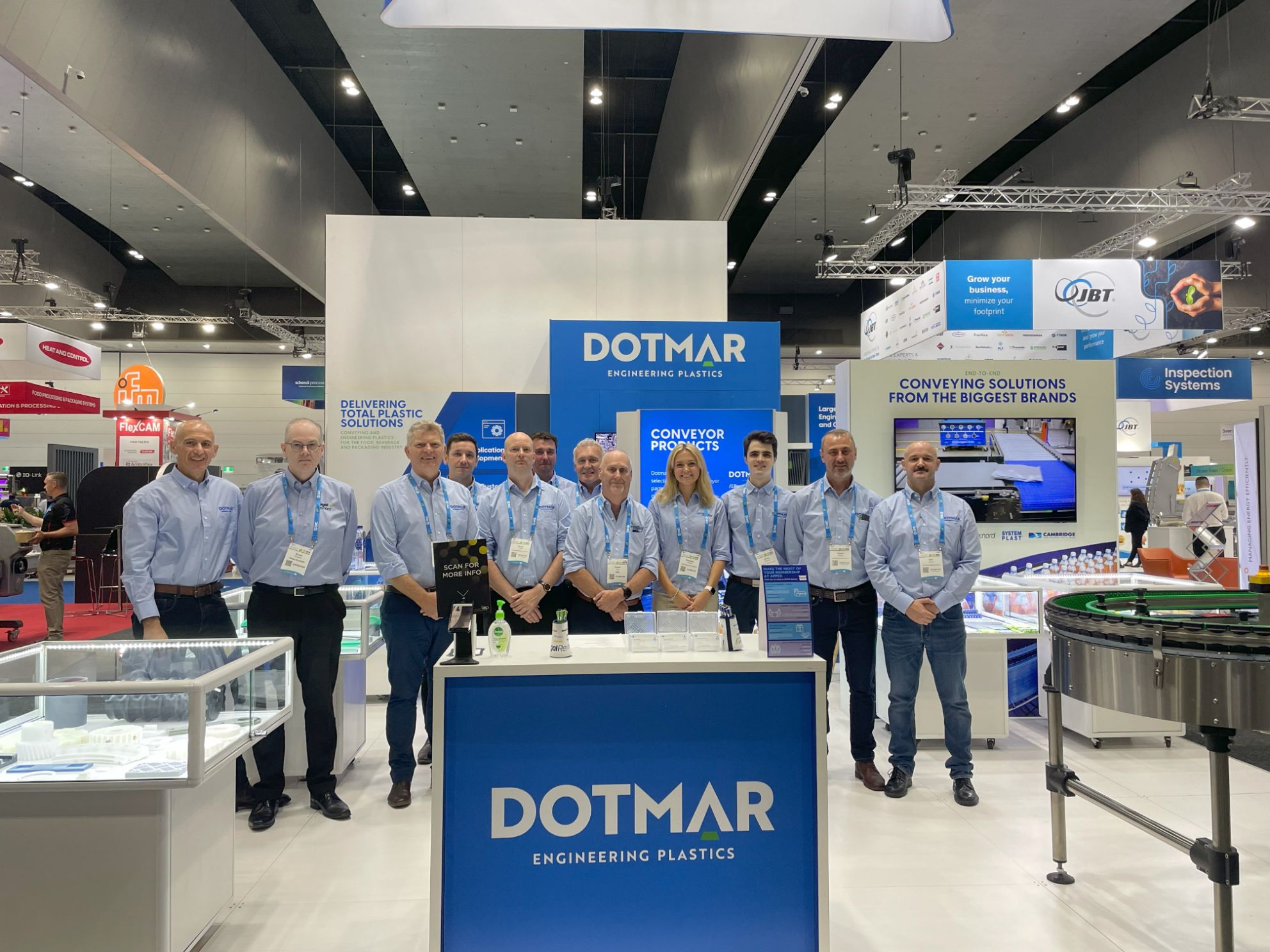
Delivering Results Through Engineering Plastic Outcomes
With a legacy spanning over 50 years in the plastics industry, Dotmar stands as the largest distributor of semi-finished engineering thermoplastics and conveyor components across Australia and New Zealand. Our unparalleled expertise coupled with our comprehensive range of products and services make us the ideal partner for companies seeking the most optimal engineering plastics solution.

Capabilities
From conception to inception, our team has expertise in design, engineering, construction management, manufacturing, technology, consulting and operations.

![System_Plast_Logo_285-rgb[1]](/dam/jcr:9eed7604-2cd0-4f4e-a285-e655628be3fb/System_Plast_Logo_285-rgb%5B1%5D.png?w=800&h=450&crop=true)





